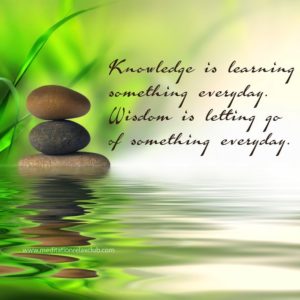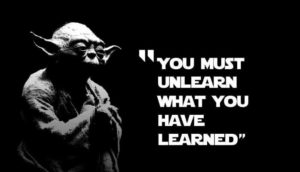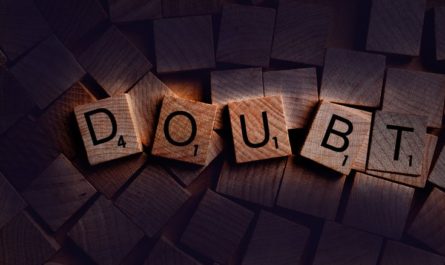 Remember American History class? Blah, blah, blah, Lincoln, blah, blah blah, Gettysburg, blah, blah, blah….
Remember American History class? Blah, blah, blah, Lincoln, blah, blah blah, Gettysburg, blah, blah, blah….
Unless you’ve suddenly decided American history is now interesting, your retention of this material is probably minimal or limited to being proficient at Googling such topics.
Or perhaps your profession requires CEUs (continuing education units). If so, you’re probably required to attend classes from time to time. These classes are usually designed to keep professionals up-to-date on regulations, operating procedures, or industry policies.
From the time we become cognizant of the world around us, we have the opportunity to learn. Learn values from our families. Learn spelling in our schools. Learn personal interaction during our lives. I believe we can be learning something pretty much continuously from cradle to grave.
But we don’t do that. For the most part, once we’ve committed useful information into our Knower/Judger, we stop. “I’ve got that,” we tell ourselves. Right/wrong. Good/bad. Values. We have a subconscious K/J response to almost everything we encounter in our lives. In many situations, we perceive learning something new as unnecessary. We already know it.
And herein lies the challenge.
Sir Francis Bacon is commonly credited with the saying “Knowledge is power.”
It’s been my experience that when someone “knows” something (having learned it earlier and committed it to his or her K/J), it’s difficult for new knowledge to get in. I’m betting you’ve experienced this.
When new information is presented, I know I’ve had the habit of comparing it to what I already know and, in most cases, dismissing the new data. But there was a learning opportunity there… and I missed it.
I’ve heard it stated that there was no room in my narrative for the other narrative. Why? Because I already knew the “right” response.
So how can I ever learn something new?
I think the first step is to acknowledge that my knowledge potentially stands in the way. Once I decide that I really want to learn something new and to not just compare the new data with the old wisdom (and find it lacking), I can decide to set my understanding aside. I call it “letting myself learn.”
What makes us want to learn? Top of my list of criteria is paying for the lesson. Golf. Piano. Voice. Speaking. All things that I paid someone to teach me in my past life. And I can recall not letting myself learn at least once in even those situations. I would take what I “knew” about a golf swing, Bach cantata, vocal vibrato, or organizing a key note speech and actually argue with the person I was paying!
What I learned was that my K/J take on just about everything wasn’t (and still isn’t) totally accurate. If I let it in, there’s always some piece of data my narrative isn’t taking into account. There’s always another perspective.
Let’s face it: We all like to be “right. And to have another person poke holes in our understanding makes us uncomfortable.
When did growth and progress ever require us to stay in our comfort zone?
Damn, Kim. Now you’re telling me “A: I’m never totally right.” and “B: Being uncomfortable is a requisite for growth?” Yup.
When new data comes along in the guise of a learning opportunity, I then have a choice.
- Stick to my understanding of the situation and defend it?
or
- Let go of my knowledge and let new data in?
Choosing the latter is an example of “letting myself learn.”
Some learning I don’t pay for. Some learning doesn’t even present itself as a lesson—it just freely makes itself available. It’s up to me to recognize it. And for me to do that, it requires that I continuously recognize that I’m not totally right—that I can always adjust my understanding with new data. It humbles me… and it’s hard work.
After all, the function of our K/J is to program us so we don’t have to think about everything all the time—it allows us to auto-respond.
Letting myself learn is an exercise that waxes and wanes in my daily interactions. Some days are better than others. Some interactions educate me better than others. If I can remember that my knowledge stands in the way, I can choose to set it aside, be a little uncomfortable, and take in the new data… get a little closer to actually getting it “right.”


